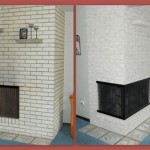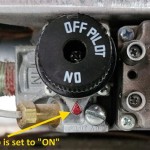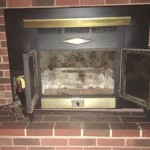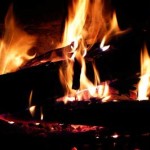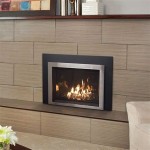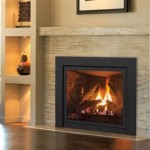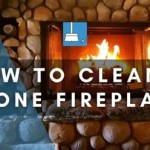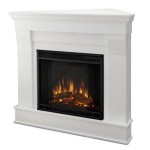Essential Aspects of Gas Fireplace Chimney Insulation
Ensuring proper insulation for your gas fireplace chimney is crucial for safety, efficiency, and longevity. Here are some essential aspects to consider when insulating your chimney:
Insulation Materials
Choose insulation materials specifically designed for chimneys, such as ceramic blanket insulation or fire-resistant fiberglass. These materials can withstand high temperatures and prevent heat loss.
Insulation Thickness
The thickness of the insulation is crucial. A minimum of 2 inches is recommended, but you may opt for a thicker layer for enhanced insulation and efficiency.
Proper Installation
Correct installation is essential for optimal performance. Ensure that the insulation is snugly fitted around the chimney flue and that there are no gaps or voids. Use appropriate fasteners to secure the insulation in place.
Safety Measures
Insulating a gas fireplace chimney involves working with potentially hazardous materials. Wear appropriate protective gear, including gloves and a mask. Allow the insulation to cure properly before using your fireplace to avoid any potential hazards.
Maintenance
Regular maintenance is crucial to ensure the long-term effectiveness of your chimney insulation. Periodically inspect the insulation for any signs of damage or wear and replace it as necessary. This will help maintain optimal performance and prevent costly repairs in the future.
Benefits of Insulated Chimneys
Properly insulated gas fireplace chimneys offer several benefits, including:
- Improved Efficiency: Insulation reduces heat loss, leading to increased energy efficiency.
- Safer Operation: Insulation helps insulate the chimney flue, reducing the risk of fire and burns.
- Reduced Condensation: Insulation prevents cold air from entering the chimney, reducing condensation and minimizing corrosion.
- Increased Comfort: Well-insulated chimneys ensure even heat distribution, providing reliable warmth and comfort.
- Extended Lifespan: Insulation protects the chimney liner from damage, extending its lifespan.
Conclusion
Insulating your gas fireplace chimney is an essential investment that ensures safety, improves efficiency, and prolongs the life of your appliance. By following these essential aspects, you can effectively insulate your chimney and enjoy the benefits of a warm, safe, and energy-efficient fireplace.

Icc Direct Vent Gas Venting Insulated Wall Thimble

Chimney Liners Usa Fireplace Insert Venting Information
Gas Fireplace Venting Explained Heat Glo
Insulating Around Fireplace Flue Diy Home Improvement Forum

Insulation Touching Chimney Meta Flex Flue Pipe Internachi Forum

Walls Behind Fireplaces Building America Solution Center

Heatshield Cerfractory Foam Chimneysaver
Gas Fireplace Venting Explained Heat Glo

Gas Fireplaces Direct Vent Vs Free Fine Homebuilding

Walls Behind Fireplaces Building America Solution Center
Related Posts

